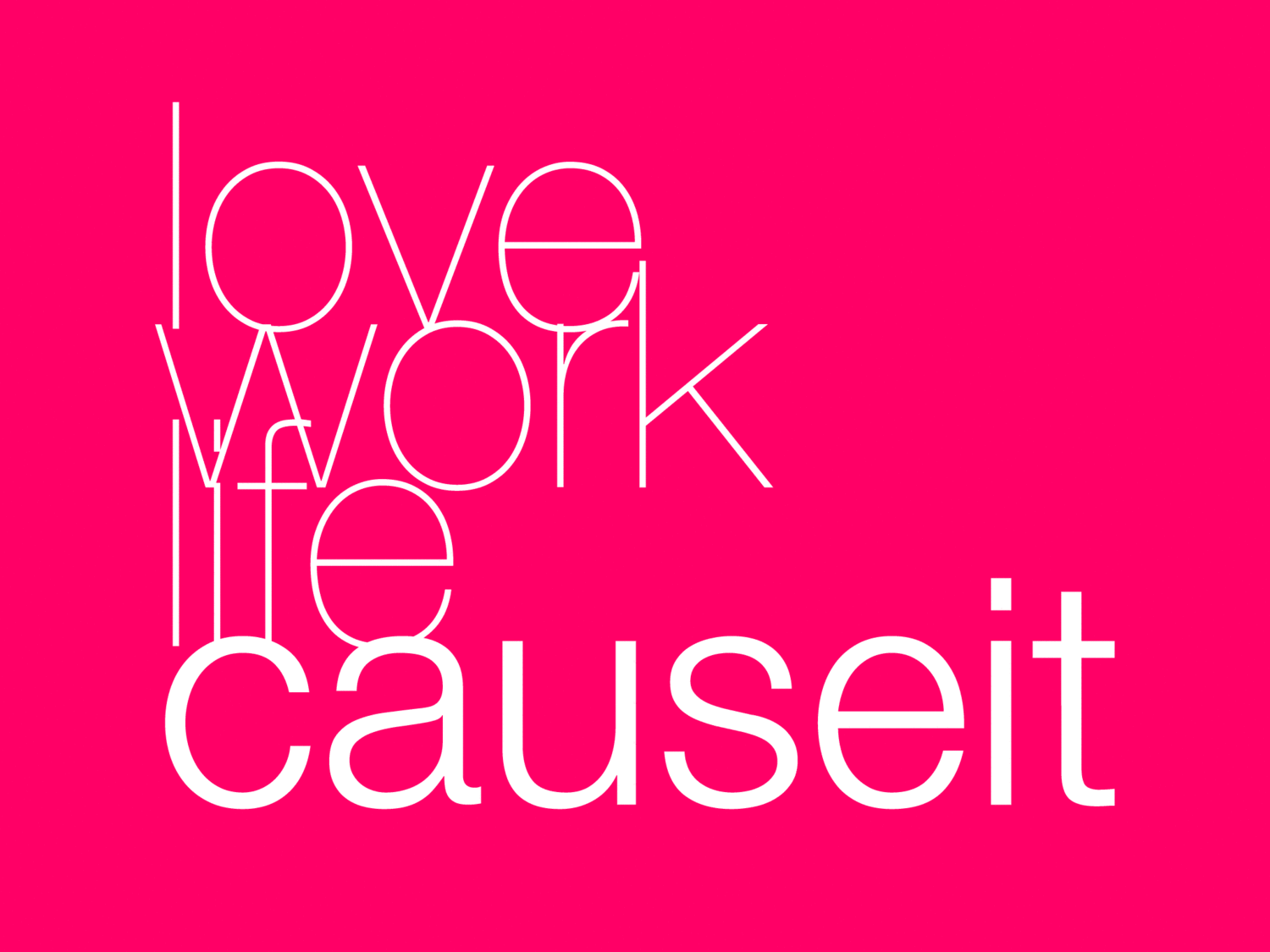Government and legal innovations are a critical part of making new value possible. And without the right legal frameworks balancing the needs of the commons and the capacity for new innovations, business and public progress can come to a standstill.
Examples of governmental and legal innovation includes regulatory policy (such as legislation supporting responsible driverless car testing). Recent challenges in the US around net neutrality, for another example, pitted major telecom and media corporations against the ‘little guy’ in innovative web startups and social organizing. Focusing on the desire of companies to selectively upgrade (or downgrade) bandwidth access to particular sites and traffic types, a fierce argument erupted amongst internet service providers and other technology stakeholders, chief among them companies like Google, Comcast and Netflix, about what was best for both the commons and business. In such an environment, specialized lobbyists and trade groups, like Engine Advocacy, served to organize companies’ common interests and translate complex legal issues. They also attended to key copyright law changes in the SOPA and PIPA legislative proposals, helping various parties understand the long-term, perhaps unintended consequences of such legislation.

